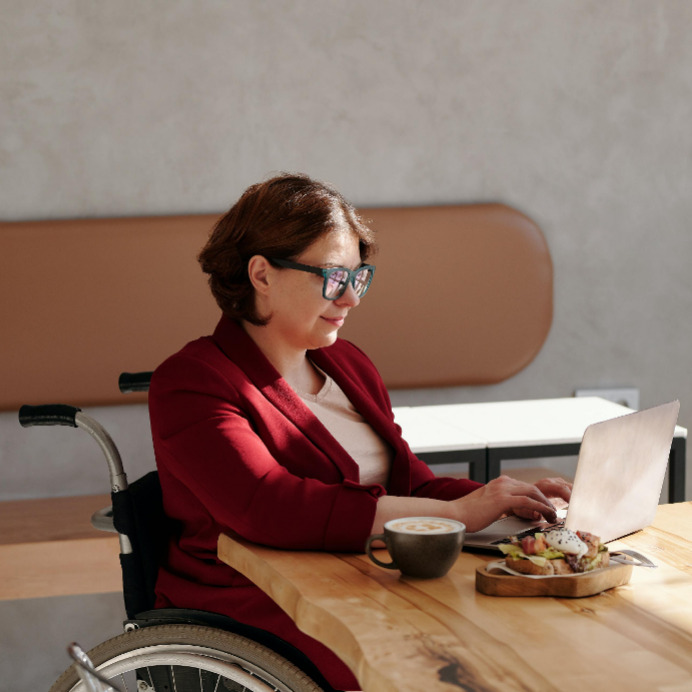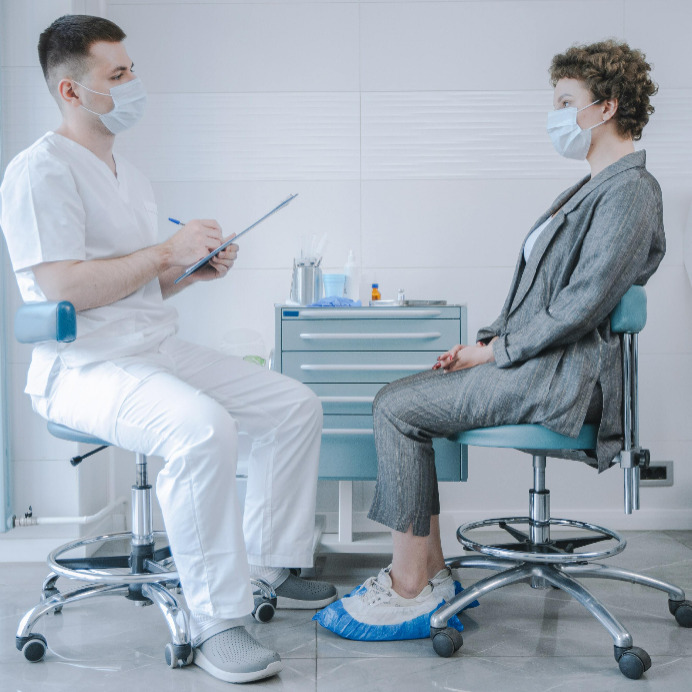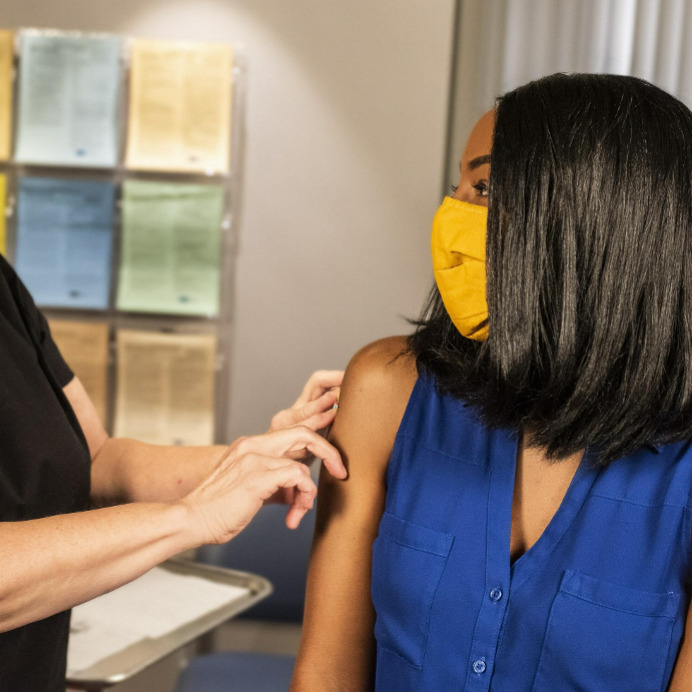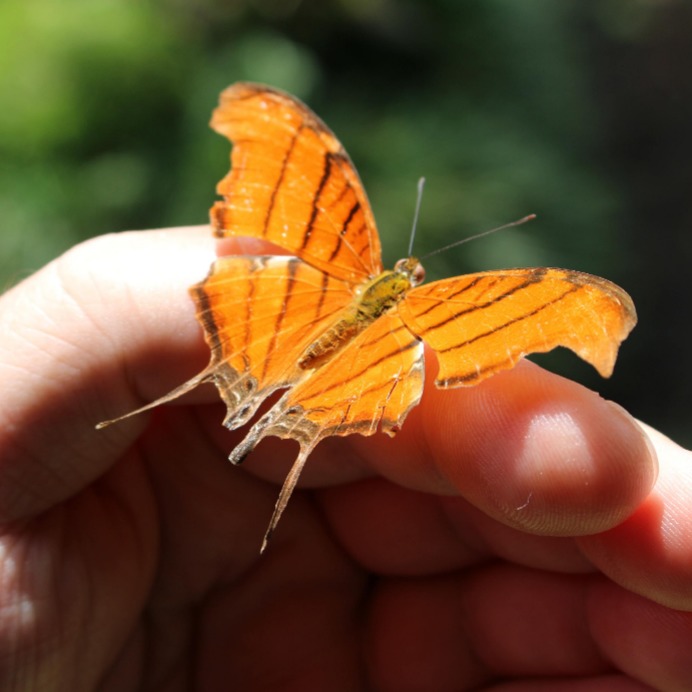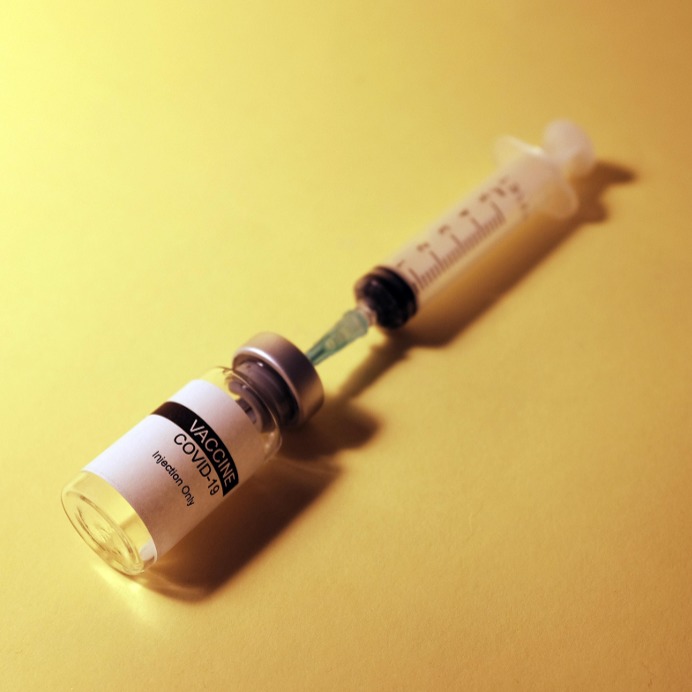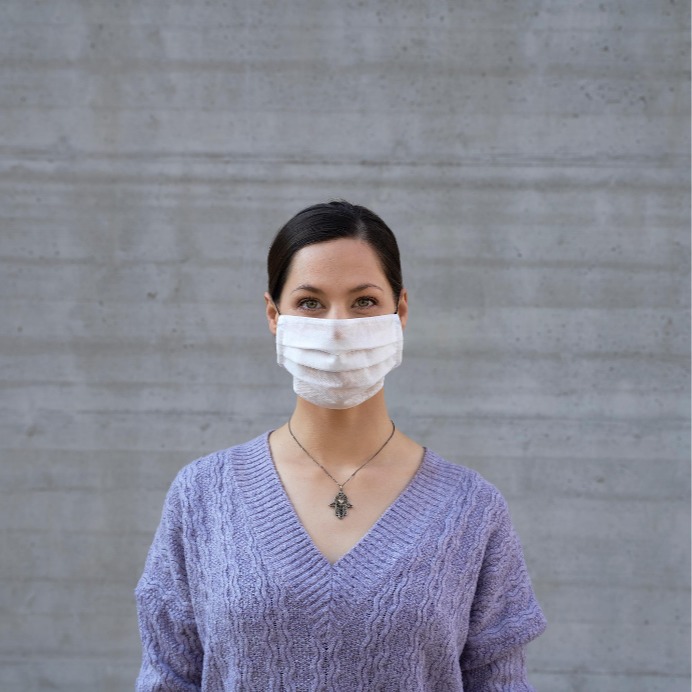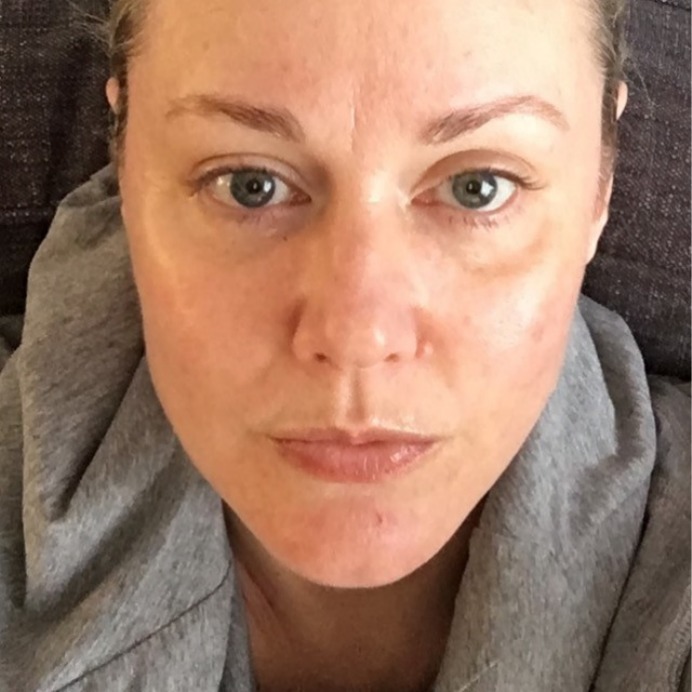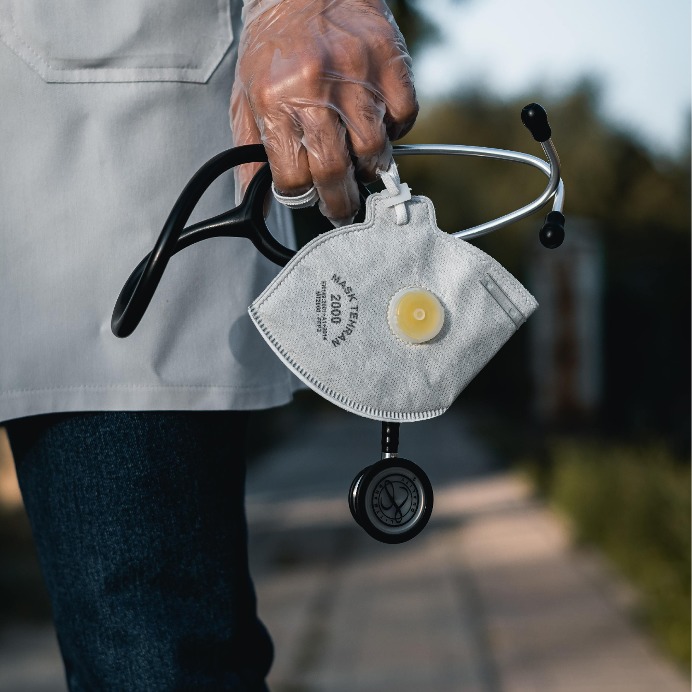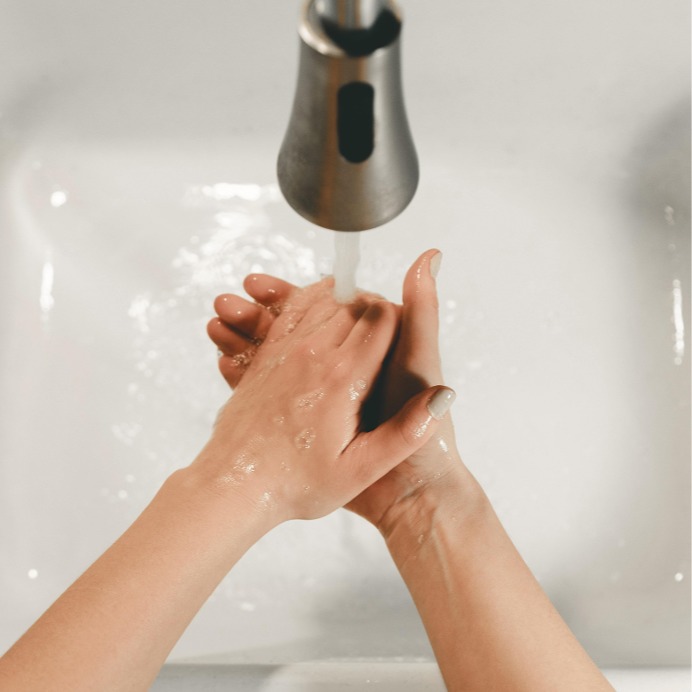By continuing to use our site, you consent to the processing of cookies, user data (location information, type and version of the OS, the type and version of the browser, the type of device and the resolution of its screen, the source of where the user came from, from which site or for what advertisement, language OS and Browser, which pages are opened and to which buttons the user presses, ip-address) for the purpose of site functioning, retargeting and statistical surveys and reviews. If you do not want your data to be processed, please leave the site.
The Voice of People With Breast Cancer
Education
Our Voices Blog
Tag : COVID-19
Tears and Laughter – My MBC Story part 2
I don’t need to tell you what was happening between 2019 and 2023. By May of 2022, I’d received four COVID-19 vaccinations and felt confident to attend a musical production with my niece. We were front row centre and seemed to be the only patrons with masks, soon discarded I must confess. When I found myself coughing a few days later I assumed it was COVID that I’d picked up in the theatre and left it to my presumed immunity to deal with.
Our 10 Most Read 2021 Blogposts
2021 was the year of the patient voice and patient advocacy. Across Canada, we saw patients become more active participants on their healthcare team. Whether due to the current circumstances, because of personal interest, or because of unfortunate situations, patients are increasingly becoming involved in their care. This was also reflected in the blogpost that we published in 2021. Overall, we published 23 posts that came from breast cancer patients and their various experiences dealing with their diagnosis. It’s no wonder that so many of these stories were part of our top blogposts of 2021. Even the posts not written by breast cancer patients reflected empowering breast cancer patients to take charge of their health.
COVID-19 and Breast Cancer: Patient Voices, Expert Knowledge
Our latest digital magazine COVID-19 and Breast Cancer: Patient Voices, Expert Knowledge approaches the ongoing COVID-19 pandemic from the perspective of breast cancer patients and provides credible information for breast cancer patients from healthcare professionals and experts.
Research Findings on Breast Cancer and the COVID-19 Virus
Breast cancer research is critical as it provides information on the detection, prognosis, treatment, and elimination of the disease. Researchers also continuously engage in studying breast cancer to help us better understand risks associated with breast cancer as well as how breast cancer interferes with other diseases and aspects of life.
Being Diagnosed with Breast Cancer During a Pandemic
My name is Katharina and I was diagnosed with stage 2a breast cancer in March 2020 just when the pandemic was starting. I was 25 years old at the time. I had to go through testing and treatment alone without any support person by my side.
Liquid Biopsy Offers New Hope for Ontario Family
Carla Van Wyck-MacDonald lives near Shallow Lake, Ontario with her husband and their four children, ages 9, 11, 13 and 14. Carla was initially diagnosed with breast cancer two years after her mother died from the same disease.
Oncologists Share What You Should Know About the COVID-19 Vaccines
When the COVID-19 pandemic was first declared in March 2019, there was a lack of information about the virus. As time went on and more and more research was conducted, we were able to learn more about how the virus worked, who it was infecting, its symptoms and more. One of the pieces of information from this research was that cancer patients were more likely to have adverse outcomes if diagnosed. Although there was not enough evidence to pinpoint which cancers made individuals more susceptible or enough research to definitively say whether past and present patients had the same concerns, the few findings were enough to label individuals diagnosed with cancer as high-risk. Of course, one’s risk level is dependent on many different factors and varies from person to person.
The Impact of COVID-19 on Breast Cancer Patients Part 1: Delayed Surgeries and Treatments
Individuals diagnosed with cancer have been identified as being at a high-risk of getting seriously ill if they get COVID-19. Data from various studies show that the type of cancer, the stage, the person’s age, health, and other factors contribute to how high-risk a patient may be. In addition to this, the type of treatment a person is receiving and how long their last treatment was, can all impact their outcome. At the same time, a few studies have shown that breast cancer patients fare better, compared to patients with other types of cancers.
Is It Safe To Go For Cancer Treatments During the COVID-19 Pandemic?
The COVID-19 pandemic has been particularly concerning and challenging for many cancer patients and their families. As you’ve most likely heard by now, cancer patients and survivors may be at higher risk of complications from COVID-19 because cancer and cancer treatments can contribute to weakened immune systems. This has left many patients with questions on how best to navigate their cancer care, including whether it is safe to continue their treatment, will their health care be de-prioritized by the healthcare system and how they can reduce their risk of contracting the virus.
How Breast Cancer Prepared Me For COVID-19
Breast cancer prepared me for COVID. Actually, if I want to be really accurate, radiation prepared me for it and almost everything else that has come courtesy of the global pandemic.
What Your Oncologist Wants You To Know During The COVID-19 Crisis
Dealing with breast cancer is challenging at the best of times, but in this time of uncertainty and when our health care system is having to quickly adapt to the impact of COVID-19, cancer patients are facing increased challenges and changes to treatment schedules and doctors’ appointments. This can bring additional anxiety and questions around how these changes will impact the success of treatments.
How Handwashing and Social Distancing Can Keep You Safe
By now we've all heard the tips for how to stay safe during the COVID-19 pandemic: wash your hands, stay at home and practice social distancing. However, what might not be as widely shared and known is why and how these health tips help. While protecting yourself, your family and your community is important, equally important is understanding why you are being told to do certain things and how they help. Therefore, we’ve decided to explore the benefits and reasoning behind the two most repeated and shared mantras amidst the COVID-19 crisis.


